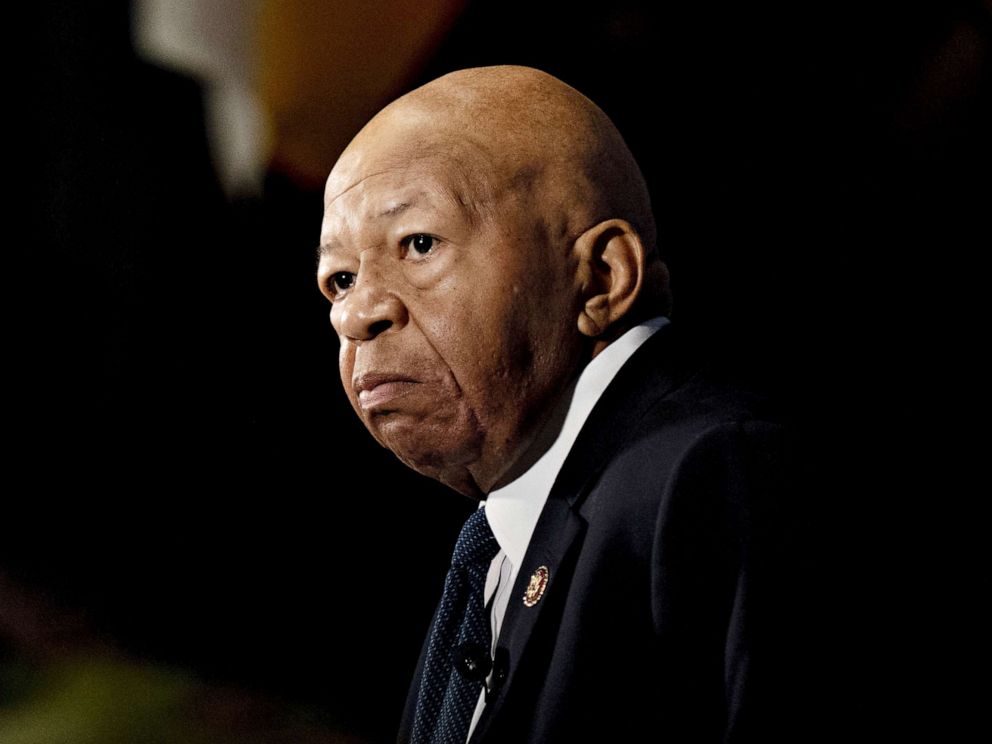A month ago, I asked my NYFCO colleague Avi Offer if he could recommend any films that might pass muster for our year-end awards given my stringent standards. Avi is generally pretty sharp. For example, he wrote about Tarantino’s “Once Upon a Time in Hollywood”: “If Tarantino had something insightful to say about Hollywood or actors or humanity instead of wasting the audience’s time with shots of people’s feet and other shallow, dull and boring scenes then the film would be much more powerful, provocative, haunting and even poignant.” I couldn’t put it better.
After a minute or so, he told me that “Parasite” was very good. I told him that I liked Bong Joon Ho’s “The Host” but didn’t care for later films like “Snowpiercer” or “Okja” very much. In fact, I walked out of press screenings for both after about 20 minutes. Since he assured me that “Parasite” was a return to the high standards of “The Host”, I thought I’d give it a chance. Well, it was better than “Snowpiercer” or “Okja” but only in the sense that I walked out of a press screening after 40 minutes this time.
This is not meant as a review but only a reaction to what I saw. You can take it with a grain of salt, but for those who tend to agree with my film reviews, this is probably sufficient to warn you off.
This is a story about the Kims, a down-and-out family living in a bug-infested apartment that takes advantage of the Parks, a super-rich but naïve Korean family. The Kim’s father is played by Kang-ho Song, who has been in many Korean films playing a likable but oafish anti-hero. His wife is sort of his female counterpart. They have one male and one female college-aged children, slackers just like the parents.
The son’s best friend urges him to interview for a tutoring job working with the attractive teen daughter of the Parks since he trusts him not to put the make on her. To help him qualify, his sister uses Photoshop to produce a false credentials establishing him as a college student and tutor. In short order, we learn that the entire family is made up of grifters.
On his first day on the job, he manages to sweep the Park’s teen daughter off her feet. While he is at their opulent townhouse, he notices that her younger brother is an out of control brat with a passion for making ugly self-portraits.
This inspires him to recommend his sister for a job as the kid’s art therapist, pretending that she is a friend of a friend who has been studying in the USA. She uses Photoshop to create phony credentials for herself as well and manages to con the mother into hiring her but at top dollar.
Understanding that the mother is an easy con, they conspire to replace the family chauffeur with their father and the long-time housekeeper with their mom. To get the current chauffeur fired, the sister pulls off her panties as he is driving her home and leaves it on the floor of the back seat, the intention being to make it look like he has been having sex on the job.
This is now about 30 minutes into the film and I am starting to feel restless. The rich people are patsies and the poor people are there to suck them dry. Like parasites, I suppose. Of all the characters I have seen to that point, none are likable. In fact, they are uniformly repellent.
The straw that broke the camel’s back was how they got rid of the housekeeper. After they learned that she was allergic to peaches, they began shaving off the fuzz from peaches and dropping them on the back of her neck when she wasn’t looking. The fuzz made her have huge coughing attacks, kind of like the bronchitis that has been hobbling me until 3 or 4 days ago. When she goes to a clinic to get treated, papa Kim takes her photo when she isn’t looking and informs the rich family’s father that she has TB just to get her fired.
I sat in my plush screening room seat and scratched my head. Peach fuzz causing coughing attacks? WTF? And she is going to be fired without the rich family looking at the results of a test from the clinic that would certainly not indicate TB? I tried to picture myself as a producer working on the film and reading the script. I’d ask Bong Joon Ho how he came up with such a cockamamie plot twist. Needless to say, with his clout he’d find a producer to replace me on the spot. That’s the problem with all these celebrated writer/directors like Tarantino and Bong Joon Ho. Nobody has the guts to say the emperor is not wearing any clothes.
Although I have not seen “Joker” yet, I have a feeling that the two films have this much in common. They are supposed to be about class warfare but hardly having anything to do with the sort of film a John Sayles or a Gillo Pontecorvo would make.
Seeing that “Parasite” had a fresh rating of 99 percent on Rotten Tomatoes (I won’t be posting a review since I walked out), I was curious to see who the dissidents were. Ironically, there were only two and both were fellow members of NYFCO.
One was a hard-core Stalinist named Prairie Miller who had (or maybe still has) a show on WBAI where I used to make guest appearances. All that came to an end after I started writing articles supporting the overthrow of Assad. Now she won’t even speak to me, even at our yearly awards meeting. In any case, I think she got the film right:
Though billed as a kind of South Korean anti-capitalism satire – this eat the rich outing when not eating its own at the bottom of the economic food chain, comes off more as an empty plate…
A somewhat combo tale of two families and exceedingly twisted prince and the pauper dubious Seoul mates turned sour spree, Parasite plays out as the poverty stricken bottom feeder (literally basement dwellers) Kim clan conspires together to pull off an elaborate scheme posing as hired help at the home of the patrician Park family.
All goes well until part of the ploy involving maneuvers to get rid of the existing household workers backfires into over the top mayhem. And as a kind of chaotic both external and internal bloody class warfare ensues. Essentially creating for the amusement of the giddy bourgeois popcorn audience – both consumers and critics – a cinematic 21st century gladiator spree.
The other “rotten” review came from Armond White, the gay African-American conservative who used to be the president of the prestigious NY Film Critics Circle. Later on, he was expelled for heckling Steve McQueen, the director of “12 Years a Slave”, at their annual awards meeting. In his review, White denounced the film as “torture porn.” In my review, I shared White’s take:
As is the case with “Django Unchained”, McQueen’s film is a vehicle for his preoccupations. With Tarantino, these primarily revolve around revenge, a theme common to so many of the Hong Kong gangster or samurai movies that he has absorbed. For McQueen, the chief interest is in depicting pain with some of the most dramatic scenes involving whippings and other forms of punishment.
Although I can’t stand White’s politics, I think he is one of the sharper film critics around. Indeed, despite his rightwing fanaticism, his critique of “Parasite” overlaps with Miller’s: “Bong wants his politics both ways: targeting and humiliating the wealthy, high-living entrepreneurs while sentimentalizing and sympathizing with the dishonest, corrupt agitators who angle to swindle them.”
If I wrote a full review, this is what I would focus on. The totally misanthropic view that both the rich and poor are shit. “Snowpiercer” was widely acclaimed as a “radical” film set on a train in which rich and poor, once again, are at each other’s throats. In the 20 minutes I sat watching it, I could not detect a shred of leftist politics.
Slant Magazine, a source of some of the most insightful film reviews (music, TV as well), was not impressed. The review ended on this note: “Snowpiercer concludes on a irritatingly reassuring high note that suggests, per usual, that killing one bad man will allow all of falsely indoctrinated society to magically correct itself. The film could be a conservative parody of naïve liberal piety, if conservatives were known to exhibit a sense of humor.”


